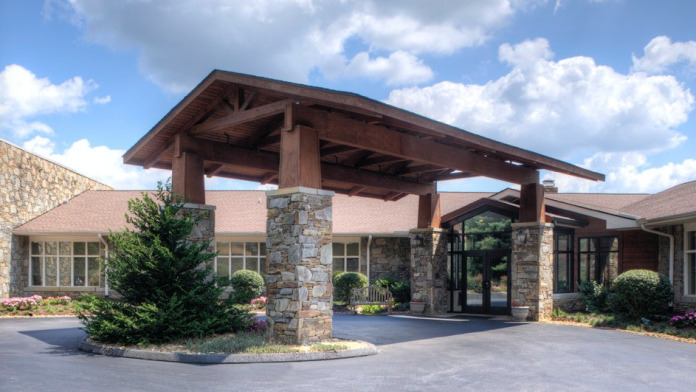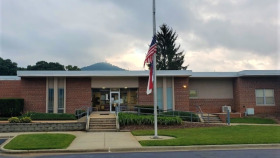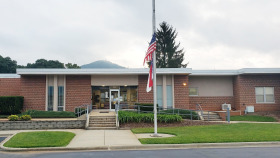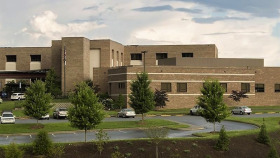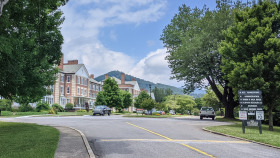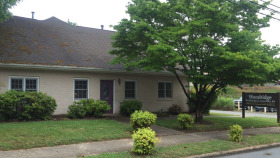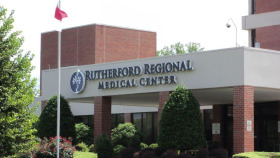About Pavillon Addiction Treatment Center
Pavillon Addiction Treatment Center rests on a spanning lot of 160 acres tucked away in the mountains of Mill Spring, North Carolina. Their stunning campus has many outdoor spaces for you to explore, whether you’re looking for a peaceful spot to meditate or a hike to get your heart pumping.
Pavillon treats a variety of addictions, including addiction to alcohol, prescription medications like Xanax or Ritalin, and illicit drugs like cocaine, heroin, or methamphetamine. Their flexible program runs six weeks and integrates addiction care with treatment for co-occurring disorders.
Mental Health Support Throughout Detox
Pavillon provides medically supervised detox services from their state-of-the-art detox center. This process typically takes two to three days, but this can change depending on your unique circumstances. When necessary, you might start treatment for co-occurring disorders while you undergo the detox process.
They compare this detox process to hitting a reset button. You’re able to enter the residential program with a clean slate and make the most of your time in residential care.
Personalized and Holistic Addiction Care
One of the best things about Pavillon is that they have a 6:1 client-to-counselor ratio. This means you have a lot of contact time with the counselor and can receive personal attention.
They take a mind-body-spirit approach to healing, building off from a foundation of 12 Step principles to include therapy and mindfulness practices.
They have several campus chefs who prepare all the meals to ensure you’re healthy and satisfied while focussing on healing. They’re able to adjust their menus to accommodate dietary requirements, lifestyles, and allergies.
Specialty Programs for Different Needs
Pavillon has tailored their core program to address the unique needs of specific groups. They have gender-specific programs, a program for young adults, and a program for working professionals who need an all-clear signal before they head back to their jobs.
The women’s program focuses on healing relationships and learning how to build a strong support system within your family and amongst your community. The men’s program focuses on finding a sustainable balance between recovery, family life, work and career expectations, and relationships.

